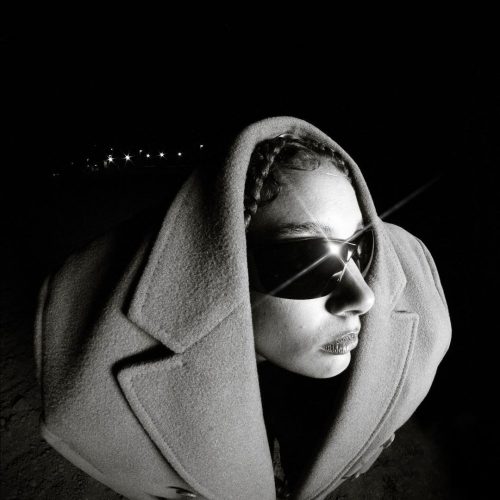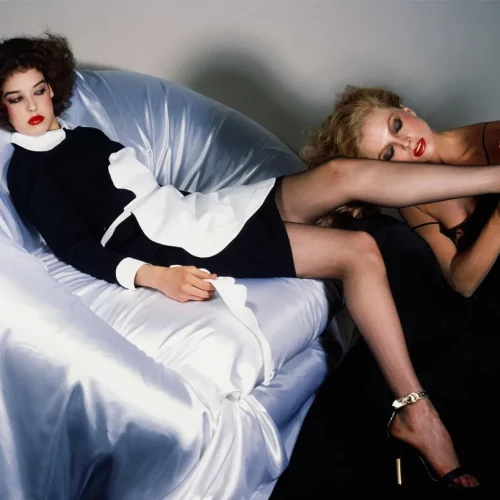“I’m half white living during Black Lives Matter, so I feel like I have to better understand the history of colonialism and slavery. And through reading about these subjects I learned about Îles de Gorée. Traveling there was part of a personal journey to wrap my head around the times that we live in”, says Katherine Li Johnson who started taking pictures in May 2017.

Katherine bought a Contax TVS from a friend in Bangkok to document a solo motorcycling trip through Cambodia. During a summer in Tunisia (where she currently lives) Katherine’s iPhone was stolen and she decided not to replace it, namely because she was tired of constantly being connected to the world. She hasn’t had a cell phone for nine months and took up photography and writing during her many travels.

Out of the 28 houses in Îles de Gorée— which respectively gathered 250 slaves divided by age and gender—the Maison des Esclaves is the only house that has been preserved. Katherine really wanted to shoot it. “What it represents moves me but also, it looks like it could strangely be in a Wes Anderson film. Walking through the building is painful, and I can’t imagine what it feels like for many African-Americans that have visited; during the Atlantic Slave Trade it was used to house West African men and women before sending them to the Americas”.

Everything else she photographed was spontaneous, although people weren’t really responsive to her photographing them. “The Fast Food stand was funny to me, because you see versions of this in every city, just like food for busy people that don’t have the time to sit and wait, yelling ‘Gimme a tuna sandwich!’”.

The journey reminded Katherine of childhood trips from Hong Kong to Macau; both Macau and Îles de Gorée were Portuguese colonies, and that influence is still very visually dominant in both places.

She recalls a funny anecdote when a Senegalese man told her that she needed to pour him a beer to show her respect for him. She jokingly asked in French: “How do you say “patriarchy” in French?” and he replied “Tradition”.









